South African “lingo”
Babalas – Pronounced “Bubba-luss”
There is simply no word in the English language to adequately describe the feeling – so we’ve created one. Your tongue feels like sandpaper, someone is driving a nine-inch nail through the back of you skull and foggy images from the night before are crawling into memory. You slurred your life story to some degenerate at a bar, you sang “It’s Raining Men” several dozen times, and somehow, somewhere, you acquired a traffic cone. That’s right, you have a “babalas”. A nice big hangover.
Braai – Pronounced “Brye”
After soccer, rugby and cricket, our top sport is the “braai” – otherwise known as the barbeque. It’s our favourite pastime and a huge source of merriment for the boykies (a slang name for the men). South Africans abroad have even been known to brave the blizzard and “braai” in London’s below-freezing conditions. Mad? Not as mad as missing a good “braai”.
Crash
Why appoint a designated driver when you can just crash? No, it’s not as bad as it sounds. To “crash” means to spend the night at someone’s house. It beats a head-on collision any day of the week.
Drive Alive, do not drink and drive!
Dwaal
Spend enough time in Cape Town or Durban and you may find yourself in a state of sleepy hypnosis brought on by fresh sea air or magnificent mountain vistas. If this happens, don’t be concerned. It is a common garden variety “dwaal”. Some call it a daydream; others: The Thousand Yard Stare. Whatever you call it, when you are caught staring at a total stranger; the safest response is: “Sorry, I was just in a dwaal”.
Kief
They say that Eskimos have sixty-four words for snow, which makes perfect sense. Their countries boast vast expanses of frozen water and lots of polar bears. In South Africa we have a similar phenomenon. We have countless words to express that which is good, or cool, or exciting, or beautiful; among them, “kief”. Sunny weather; sandy beaches; exotic wildlife; beautiful people – we’ve got more positives than a 12 volt battery. And we can’t help talking about it.
Madiba
Pronounced “Muh-deeba”
More serene than the Dalai Llama, more forgiving than Ghandi, more eloquent than Churchill . . . To us he is our history’s miracle; our national treasure; our most bankable export. You may call him Nelson Mandela, but he is our grandfather: “Madiba”
Mission
No, this has nothing to do with charity work. That’s “missionary”. Being on a “mission” could be as important as delivering high-level documents to Government or as menial as grabbing a cup of coffee.
Platteland
Pronounced “Pluh-te-lund”
The Afrikaans translation of the “flat land” is what we call parts of South Africa that are, you guessed it, flat.
Skollie
Pronounced “Skoh-lee”
A good-for-nothing. Ne’er-do-well, slob, slacker or loser. In other words, your average Mr. Wrong.







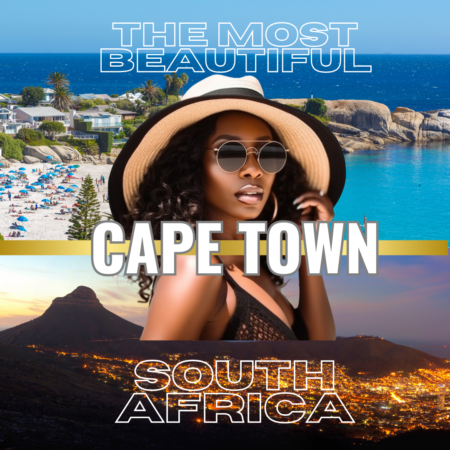
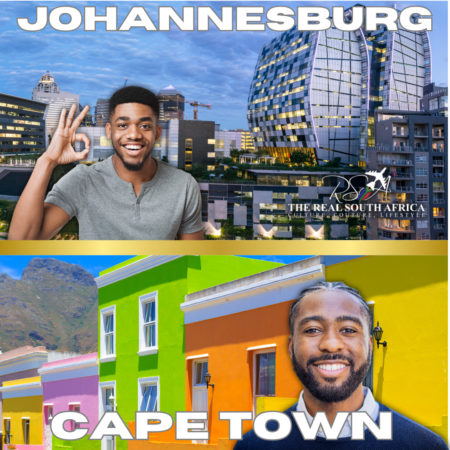
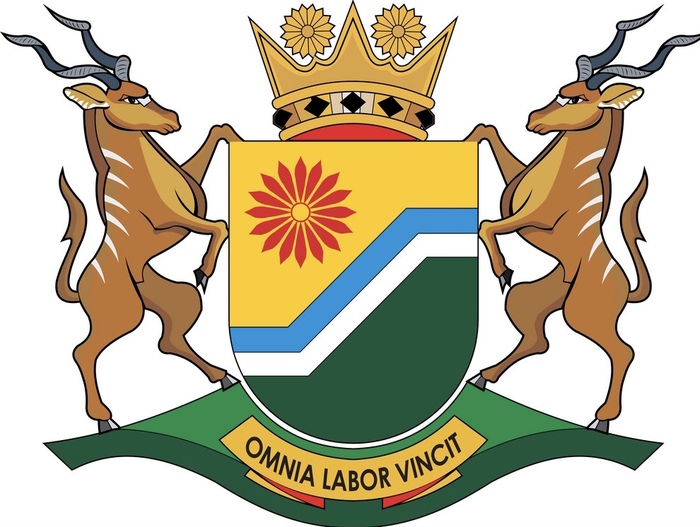
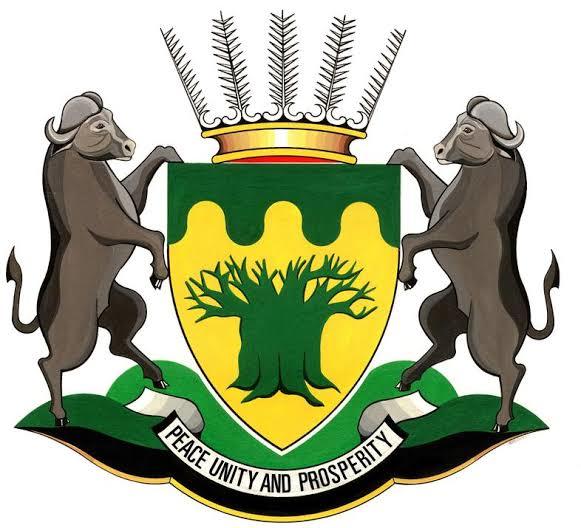
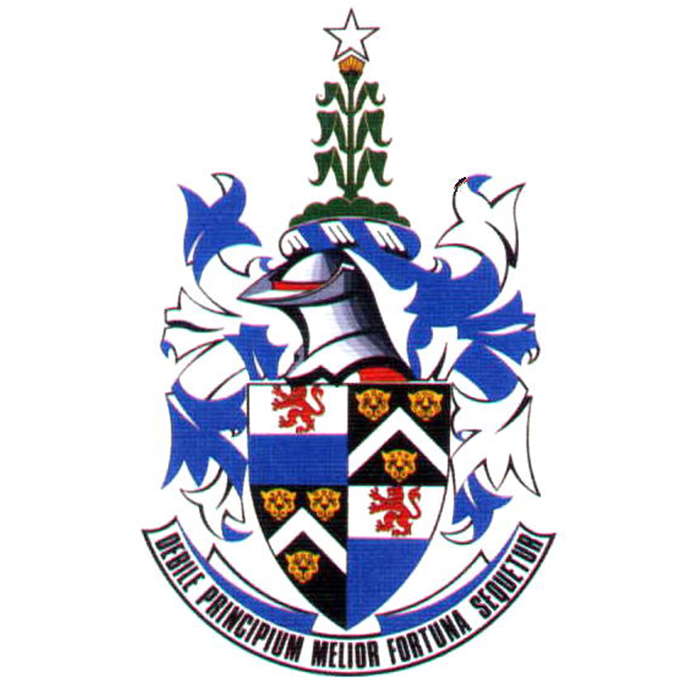
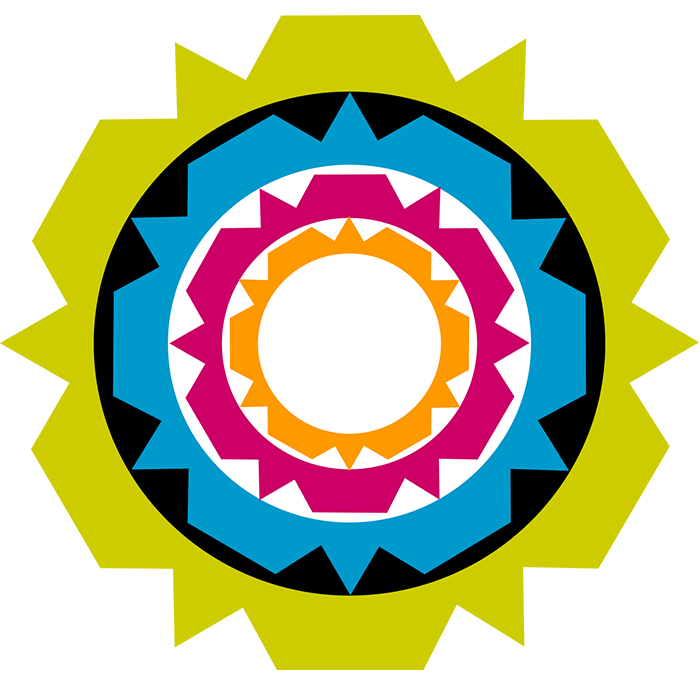
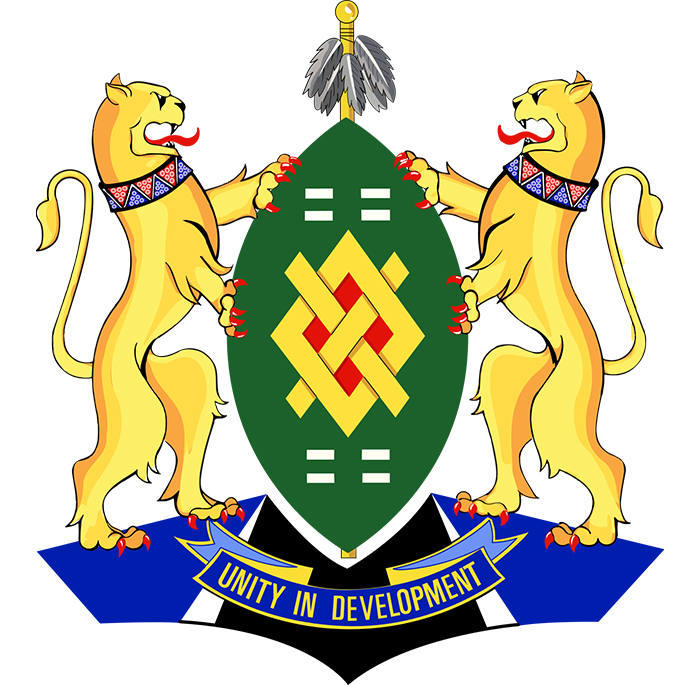
Reviews
There are no reviews yet.